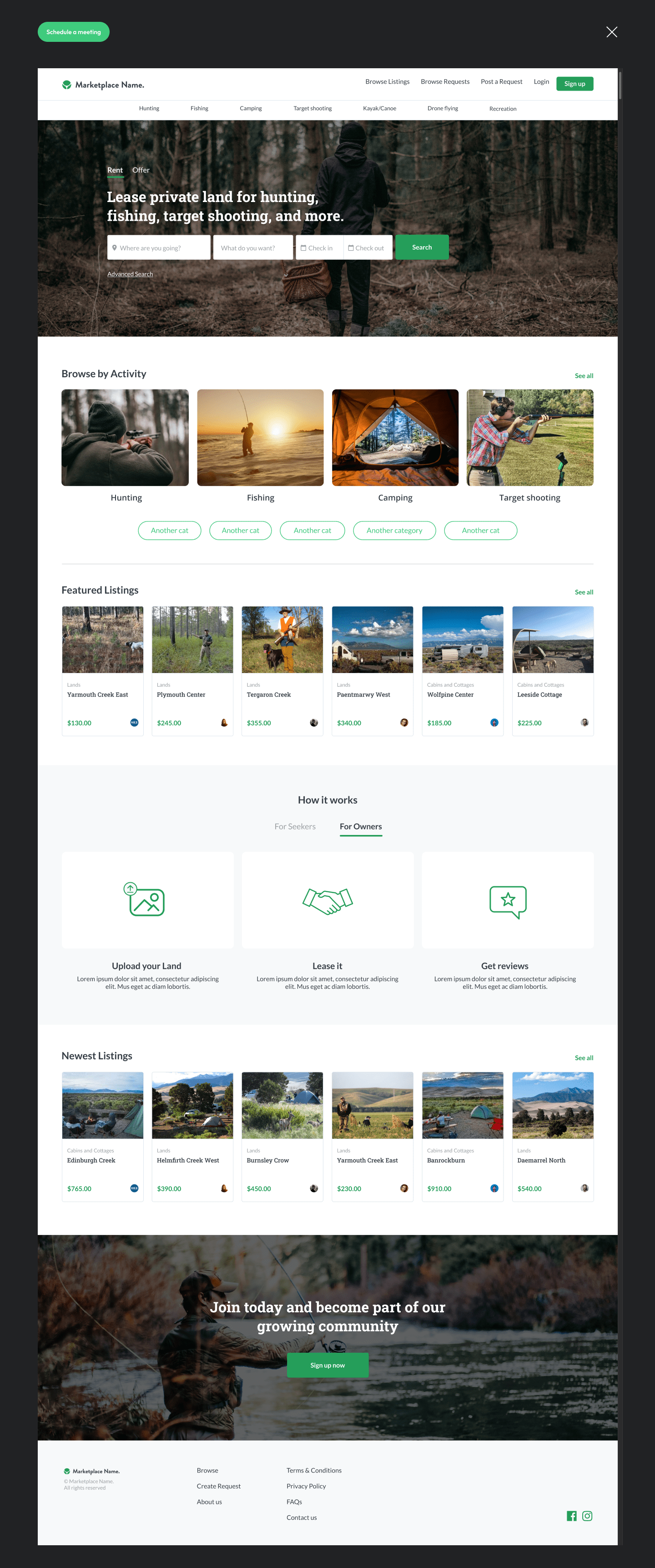Doing Business As (DBA): What Is It And Why Is It Needed?

In the course of starting your marketplace, registering your business name is crucial. Many of those reasons are highlighted below. The legal fine print and formalities can be daunting, but we’ll break down the “Doing Business As” (DBA) details as quick and painless as possible.
What is a DBA?
In the U.S., a DBA is a business name that is different from your personal name, the names of your partners, or the officially registered name of your LLC or corporation. A DBA is also referred to as a fictitious name, assumed name, or trade name.
If you choose to name your business as anything other than your own personal name, then you’ll need to register it with the proper authorities.
For example, if John Smith sets up a personal training business, rather than operating under his own name, he instead chooses to name his business: “John Smith Fitness”. This name is considered an assumed name and John will need to register it with the appropriate local government agency.
The legal name of your business is required on all government forms and applications, including your application for employer tax IDs, licenses, and permits.
Do you need a DBA?
In general, there are two reasons why a business in the U.S. will need to get a DBA:
- For sole proprietors or partnerships: If your business has a different name than your own name, you’ll need to file for a DBA.
- For existing corporations and LLCs: If your business is already set up and you want to do business under a name other than your existing corporation or LLC name, you will need to register a DBA.
The Importance of a DBA
It sounds like a lot of unnecessary, extraneous paperwork, but there are a few important reasons to get your DBAs in order.
- If you’re a sole proprietor/partnership, it’s the simplest and least expensive way to use a business name. You can create a separate professional identity, without having to form an LLC or corporation. This also protects you so that people who use your marketplace don’t need to know your personal name.
- A DBA is required in order to open a bank account and receive payments in the name of your business if you’re a sole proprietor/partnership. Again, any processor we partner with will require this information before approving your marketplace business.
- For LLCs or corporations, a DBA will allow you to operate multiple businesses without having to form a separate LLC or corporation for each business. This will cut down on your paperwork and expenses when you’re operating multiple projects.
- Name recognition is crucial to a company’s success. Name acknowledgment is achieved when the business name is used in all transactions, from marketing and sales to everyone’s favorite, collecting money.
- It’s fun to create a catchy business name that can be related or not to what your marketplace will be showcasing.
Note: Filing a DBA is not the same as trademark protection. If you file a DBA, you have a right to use a business name, but you don’t have the right to prevent anyone else from using that same business name. If you want a higher level of protection, you need to register a trademark.
How do I file a DBA?
The rules, requirements, forms, and fees associated with filing a DBA are different in each state and county. Registering your DBA is done either in your county clerk’s office or with your state government, depending on where your business is located. The U.S. Small Business Adminstration provides more information with details for filing your DBA.






